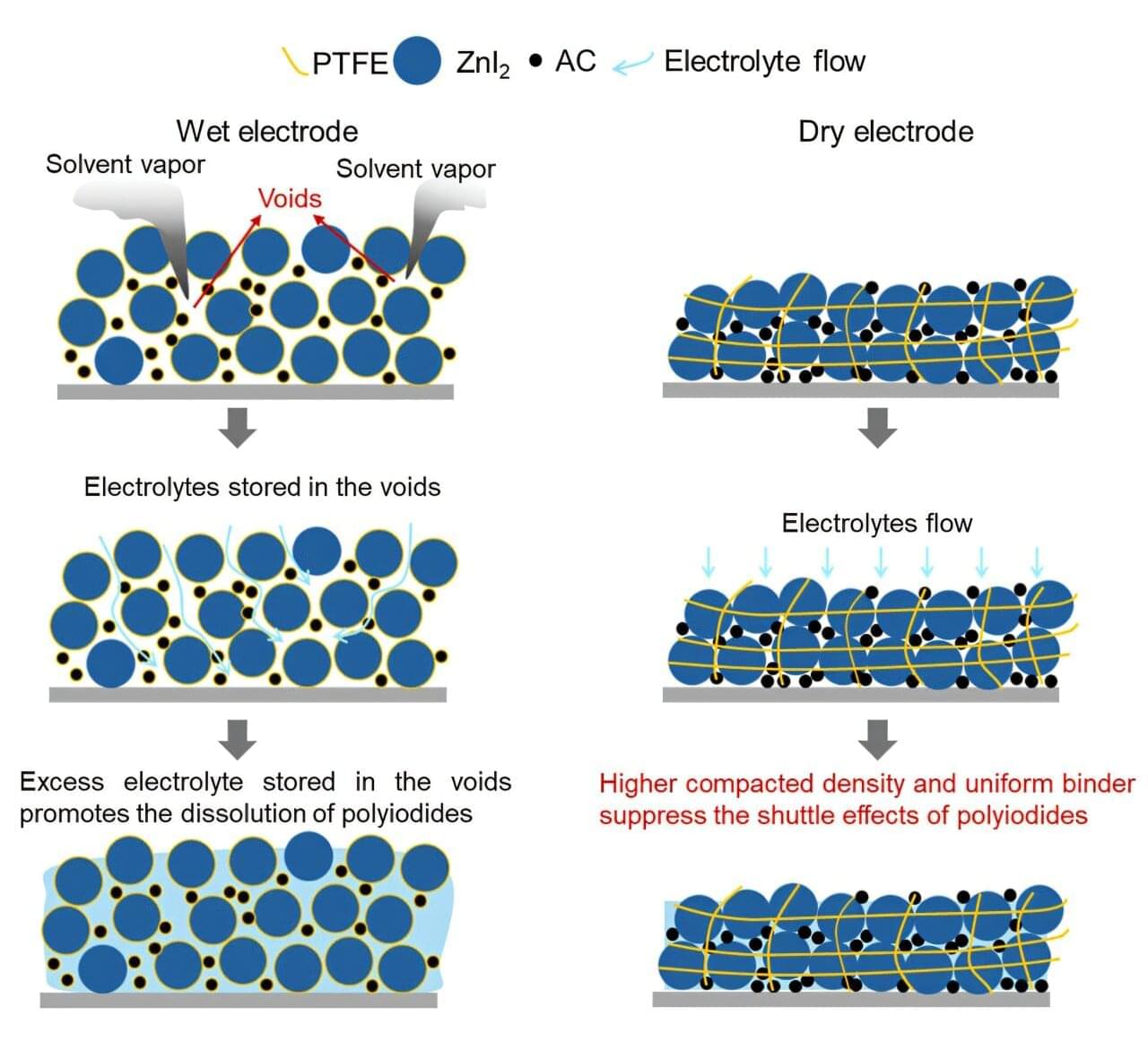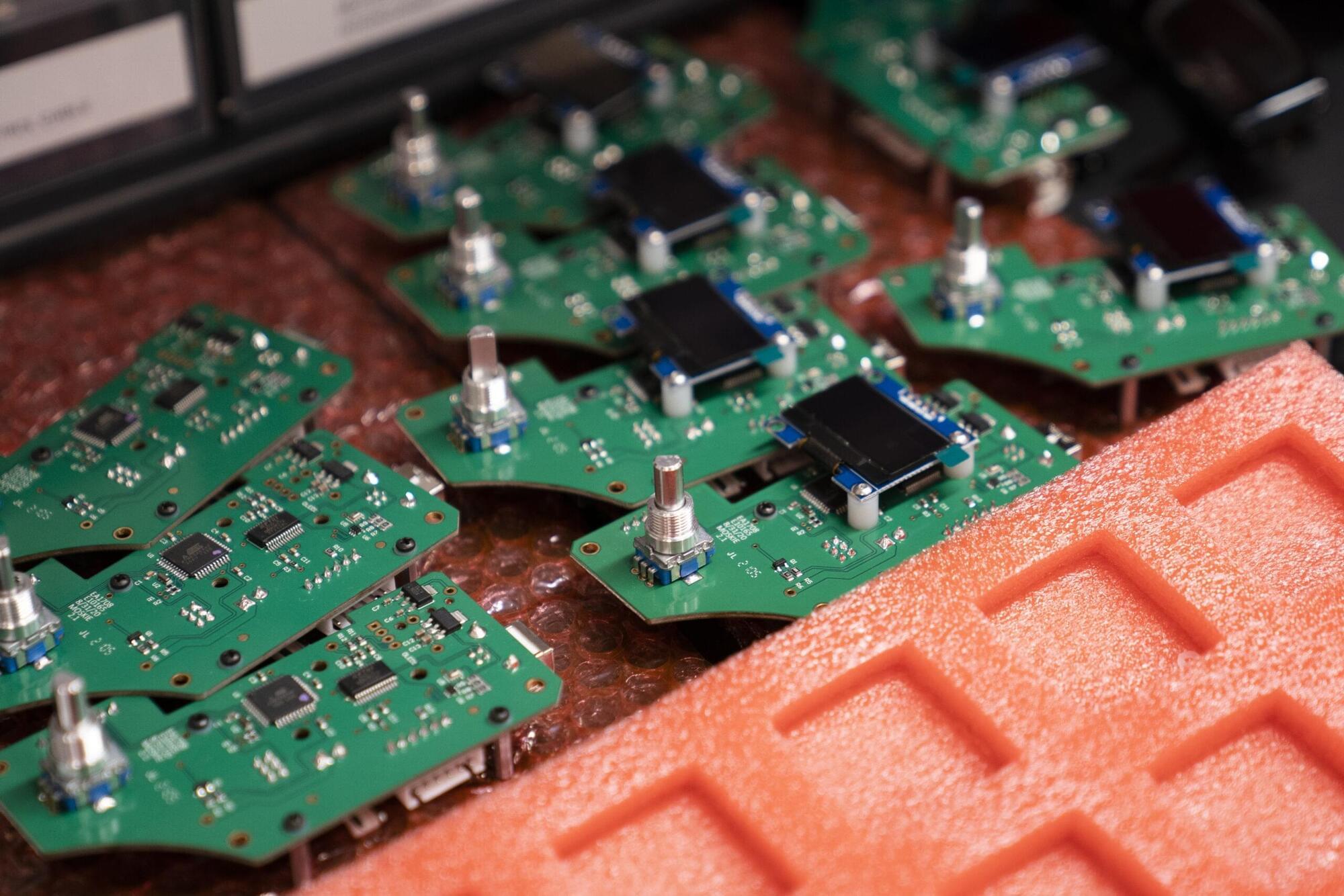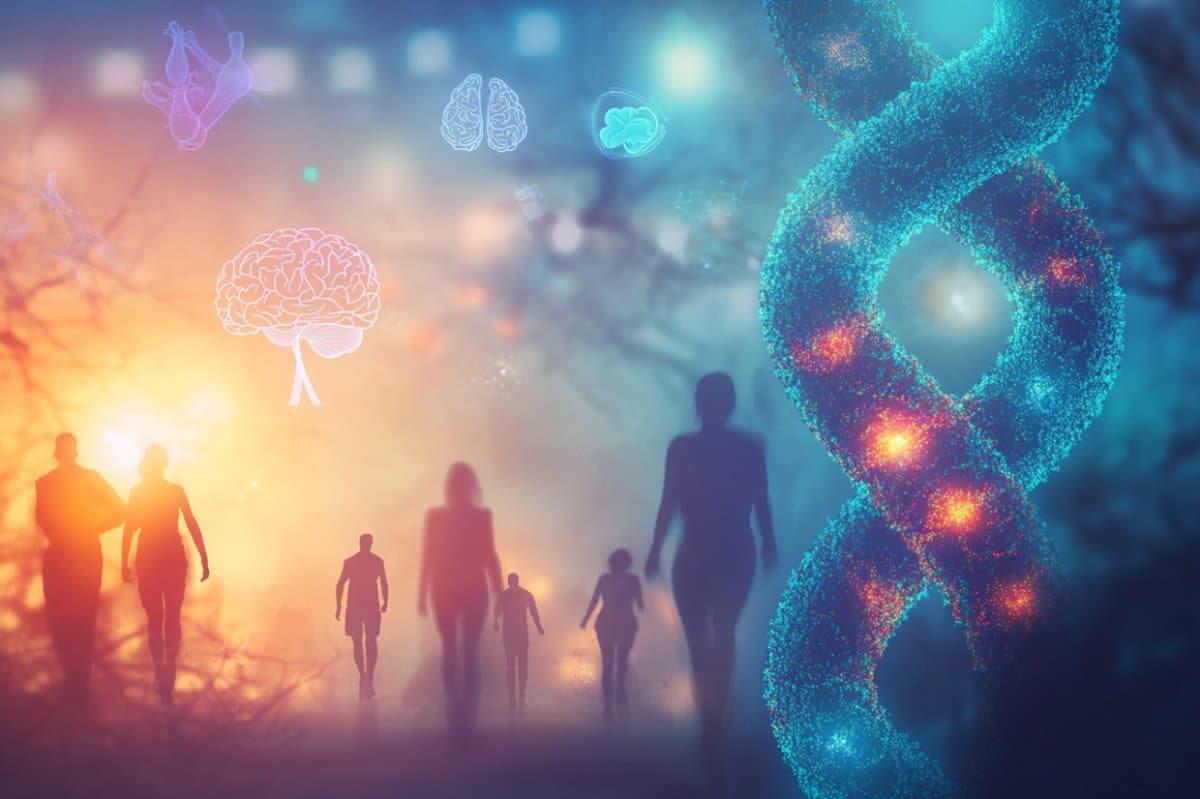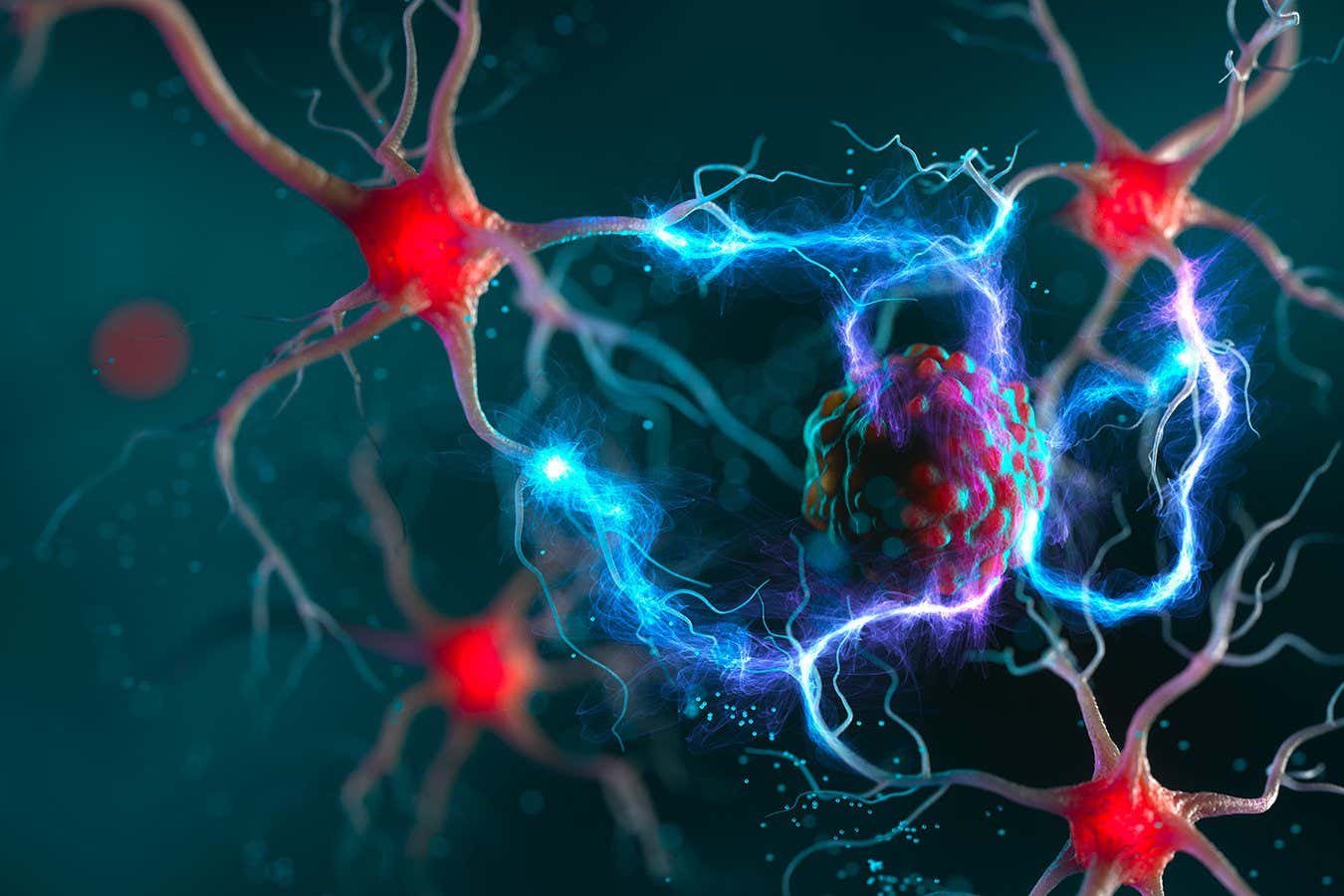The compact spacecraft could send up to 22 pounds of payload into sub-orbital trajectories over 1,000 times in its lifespan.



Researchers at the University of Adelaide have developed a new dry electrode for aqueous batteries which delivers cathodes with more than double the performance of iodine and lithium-ion batteries.
“We have developed a new electrode technique for zinc –iodine batteries that avoids traditional wet mixing of iodine,” said the University of Adelaide’s Professor Shizhang Qiao, Chair of Nanotechnology, and Director, Center for Materials in Energy and Catalysis, at the School of Chemical Engineering, who led the team.
We mixed active materials as dry powders and rolled them into thick, self-supporting electrodes. At the same time, we added a small amount of a simple chemical, called 1,3,5-trioxane, to the electrolyte, which turns into a flexible protective film on the zinc surface during charging.

Billions of years in the future on a very different Earth, the zombie parasite mushroom spreads from victim to victim without resistance.
On the shores of the acid sea a Honey Fire Ant meets its fate at the relentless mandibles of its infected brethren in this animated short created by T. Mikey and animated by Kevin Fanning.
The conflict continues in the pages of the 12-issue limited series, Quantum Binary: A Deep Time Botanical Paradox.
Available now at: https://quantumbinary.me.
Created and written by: T. Mikey.
Animation by: Kevin Fanning.
Music by: Infraction — No Copyright Music.

If you want to learn about the nature of physical reality, naturally, you would turn to physics. It would seem a bit contradictory to say that physics itself can mislead you about the nature of physical reality. Yet, this can actually happen, and let me explain.
For any physical theory, it is possible to mathematically formulate it in various different mathematically equivalent ways. Yet, some formulations of the theory may be more difficult to carry out calculations in than others. Naturally, physicists will gravitate towards the formalism that is the simplest to perform calculations in.
Before quantum mechanics, there was matrix mechanics as developed by Heisenberg. Matrix mechanics is mathematically equivalent to quantum mechanics, and so it gives all of the same predictions. When Schrodinger developed the modern formulation of quantum mechanics, he referred to it as wave mechanics to distinguish it from Heisenberg’s formulation.

As part of the expansion, Yaskawa will begin manufacturing robots in Franklin. The company purchased a more than 200,000-square-foot building in Franklin in 2023 for $20 million. The site was previously used by a packaging company.
The Wisconsin Economic Development Corp. is supporting the project with up to $18 million dollars in tax credits. Officials say the amount of credits awarded will be contingent upon hitting job creation and investment targets.
In a statement, Gov. Tony Evers said the expansion would bring millions of dollars of investment and hundreds of “high-quality” jobs to southeast Wisconsin.



